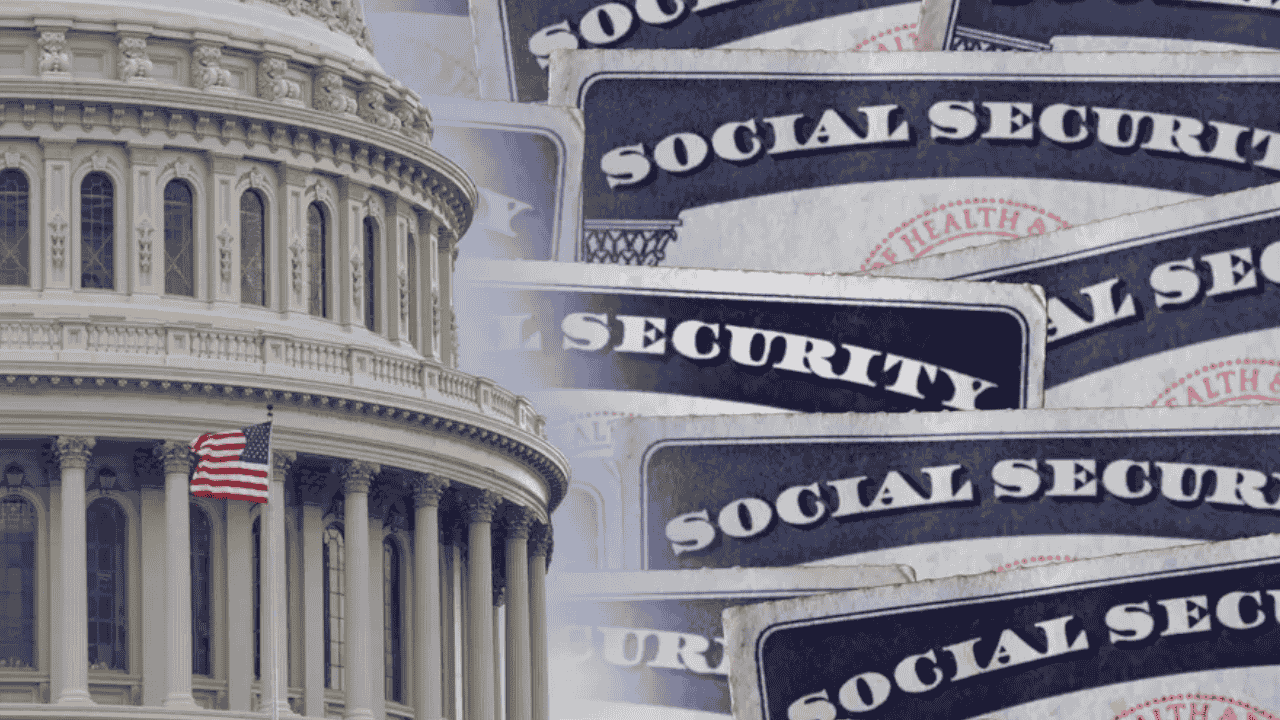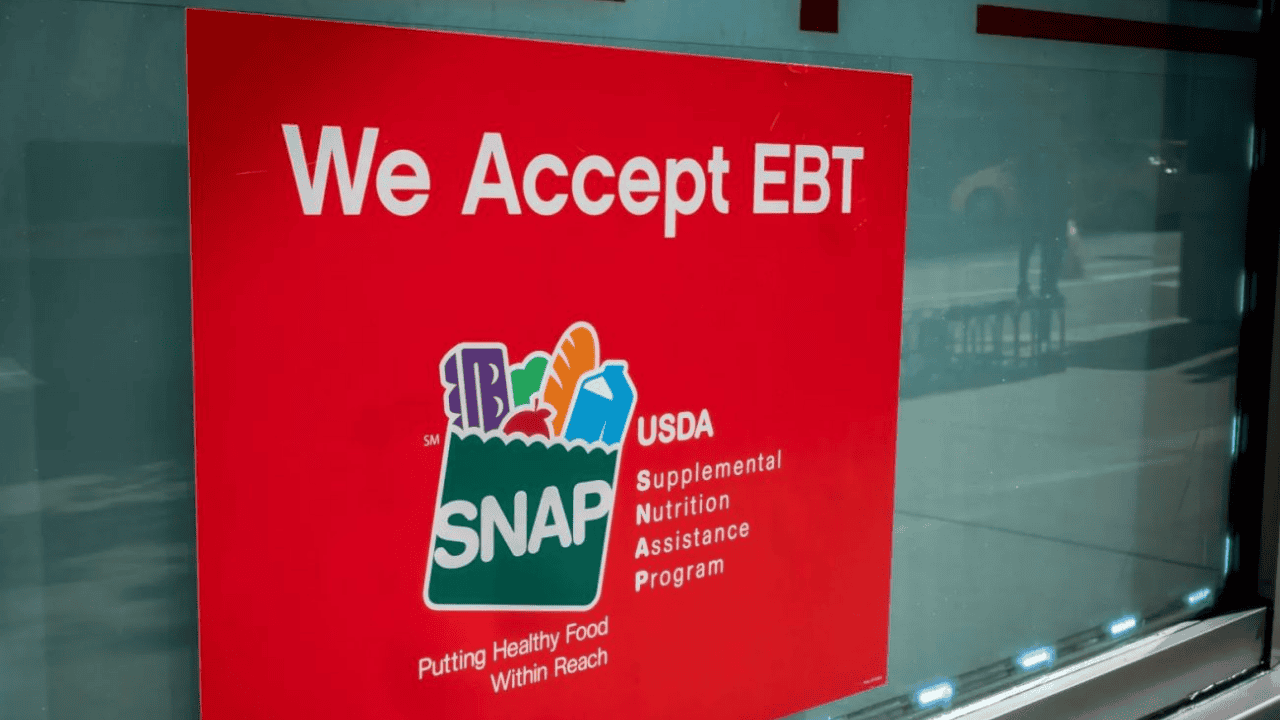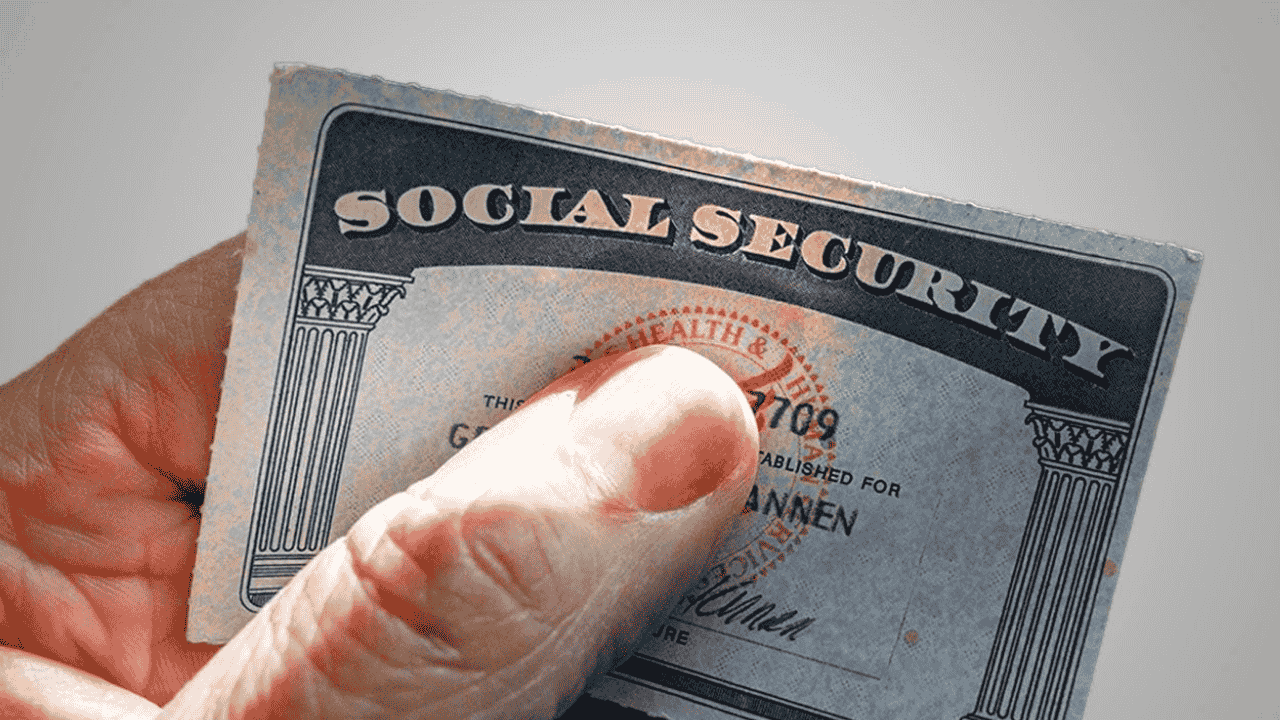If you’re receiving Supplemental Security Income (SSI), it’s crucial to understand that your payments are fully protected from garnishment. Even if you owe back taxes, child support, or other debts, no one can legally take money from your SSI. This protection is one of the key differences between SSI and other types of Social Security benefits, like retirement or disability payments, which can be partially garnished in certain cases.
However, if you’re getting Social Security Disability Insurance (SSDI) or retirement benefits, the federal government may legally withhold a portion of your payments to cover debts such as unpaid taxes, student loans, or court-ordered support. In such cases, the Social Security Administration won’t be able to help—your only option is to work with legal professionals to dispute or manage the garnishment.
Knowing which benefits are protected—and which are not—can help you better safeguard your income. If someone wrongly targets your SSI for garnishment, you have the right to fight back and access free legal assistance if you qualify. Taking timely action can prevent unnecessary financial stress and help you maintain your monthly income.
Understanding Garnishment Rules for Social Security Benefits

If you’re receiving Supplemental Security Income (SSI), your benefits are completely shielded from being garnished. This means that even if you owe money—whether to the IRS, student loan servicers, or for unpaid child support—your SSI checks cannot be touched.
This protection exists because SSI is a need-based program, aimed at helping individuals with limited income and resources. It’s meant to support seniors, people with disabilities, and others in financial need. That’s why the law strictly prohibits debt collectors or government agencies from seizing SSI payments.
Even if you already receive Social Security retirement or disability benefits, you might still qualify for SSI depending on your income and asset levels.
Other Social Security Payments Can Be Garnished
While SSI is protected, other types of Social Security benefits are not. If you receive:
- Social Security Retirement
- Social Security Disability Insurance (SSDI)
…then your payments can be garnished under certain circumstances. For example, the U.S. Department of the Treasury may take up to 15% of your monthly benefit to cover:
- Federal tax debt
- Defaulted student loans
- Court-ordered child or spousal support
This is typically done through programs like the Federal Payment Levy Program or by issuing a Notice of Levy. Once this kind of garnishment is in place, it cannot be appealed through the Social Security Administration—you’ll need to resolve it through the proper legal channels, often with the help of an attorney.
What To Do If Your Benefits Are Being Garnished
If your retirement or SSDI payments are being garnished—especially for unpaid taxes—it’s a good idea to contact the IRS directly. You can try to settle the debt on your own or consult a tax debt resolution specialist.
Many professionals offer free consultations, helping you understand your options and create a plan to reduce or resolve what you owe. Acting early can make a big difference in how much you end up paying and how long the garnishment lasts.
How To Protect Your SSI Benefits
If someone attempts to garnish your SSI payments illegally, don’t wait—take action immediately:
- Notify the authorities that your income is SSI and protected from garnishment.
- Reach out for legal support. Depending on your income, you may qualify for free legal aid.
Organizations such as the Center for Elder Rights Advocacy can connect you with legal services in your area. You can call them at 866-949-2372.
Remember, SSI payments are off-limits to debt collectors. If someone tries to garnish these funds, they’re breaking the law—and you have every right to stop it.









